Dr. Dionne Toombs grew up surrounded by agriculture in her rural hometown of Plant City, Florida, known as the “Winter Strawberry Capital of the World.” Her upbringing fostered her love of agriculture and science and helped inspire her illustrious career as a public servant. And, she still enjoys going out to a U-pick strawberry patch near her home in Maryland, just outside of Washington, D.C., where she lives with her “grand dog” Camila.
Dr. Toombs has dedicated her entire career to increasing diversity, equity, inclusion, accessibility (DEIA), and opportunity for others in agriculture and science. Those ideals are also integral to her work today as the Associate Director of Programs for the National Institute of Food and Agriculture (NIFA).
NIFA is the grant funding agency for the U.S. Dept. of Agriculture (USDA). Under Dr. Toomb’s leadership, it operates over 70 programs that support agriculture research and ag-related sciences, education, and state extension programs. The Agency’s funding efforts cover a wide array of industries within agriculture and science, with different programs to support farmers, ranchers, and small businesses as well as scientists and universities. In the last year, NIFA funded more than 2,500 grants, and that number continues to grow.
Dr. Toombs and her colleague Drenda Williams, NIFA’s Associate Director of Operations, broke another “grass” ceiling when she was asked to serve as NIFA’s Acting Director from April 2022 to May 2023. At that time, they became the first two African American women to hold the Agency’s top-ranking leadership positions concurrently. Dr. Toombs served as NIFA’s Acting Director for a year before her appointment to her current role.
Strawberry Fields Forever
As the “Winter Strawberry Capital of the World,” Plant City, Florida, supplies around three-quarters of the mid-winter strawberries sold in grocery stores across the U.S. Naturally, Dr. Toombs has a lot of sweet memories picking strawberries, oranges, and grapefruits in her rural hometown, and savoring sugarcane on her grandparent’s land as a child.
“My mom had a really good friend—she had a strawberry patch—and so, we would go and pick strawberries in her strawberry patch,” she said. “As kids, we would playfully throw them at each other, and we’d eat them, and we’d also pick the strawberries for later. So, to this day, I still love picking strawberries.”
Toombs was drawn to science at an early age and dreamed of becoming a medical doctor. Through her participation in the Project Upward Bound Program, a college prep and enrichment program held on Saturdays at the University of South Florida, she discovered a passion for agriculture and the arts.
“The things we talk about right now at the USDA, of training our next generation—I was one of those being trained as the next generation of scientists,” Toombs said.
She went on to earn a Bachelor’s Degree in Biology from Bethune Cookman College (now University), an HBCU; a Master’s Degree in Food Science from Alabama A&M University; and a Ph.D. in Nutritional Science from Howard University.
I asked her if she could go back and give her younger self any advice, what would it be?
She said: “I was really shy, and I’m still shy. But I’ve learned that the shyness is because I’m an introvert. I didn’t know that then. But, I would tell her to be more confident. It may not have appeared that way to others when I was growing up—but [I’d tell her] to be more confident in herself, her abilities, and what she can do. And, that she can do whatever she sets her mind to do. That’s what I would tell her. That’s what I tell students today.”
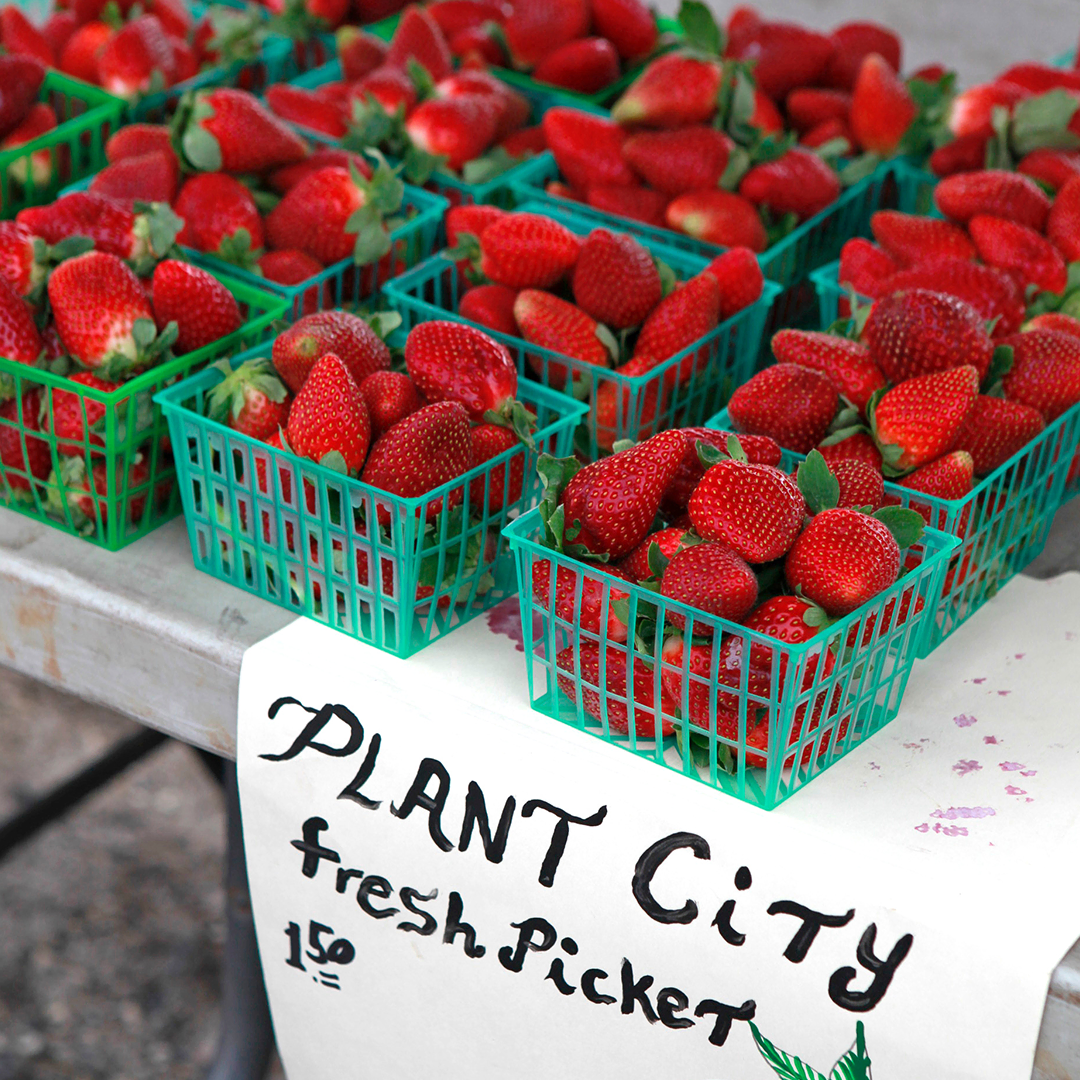
While studying at Alabama A&M, Toombs met Dr. Ram Rao, a professor and nutritional biochemist who inspired her to study Food Science. She later pursued a doctorate in Nutritional Science. She completed her dissertation on childhood nutrition, comparing students’ food and nutrient intake, dietary practices, physical activity, and body mass index of adolescents from lower-income and higher-income households, which laundered her career in agricultural policy.
“When I was […] working on my PhD, I was actually looking for opportunities to do my research in a federal lab because, at Howard, we did not have a lot of funding to support all of the graduate students,” she said. “I had to patiently wait for my advisor to inform me if a grant was funded so that I was able to develop the research for my dissertation.”
She was able to secure internships at federal labs in the D.C. area but was unable to get paid. So, her next goal was to work alongside a scientist to conduct funded research and get paid while doing it. With time and persistence, she kept learning and networking, attending seminars with federal researchers at Howard knowing this was the direction she hoped her career would take. Through this, she met her mentor, Dr. Ellen Harris, who served as the Research leader of the USDA-ARS Community Nutrition Research Group at that time. She called Harris quarterly in search of opportunities with the USDA. She eventually secured an internship position and was able to complete her Ph.D. dissertation.
After graduation, while applying for a post-doc, Dr. Harris alerted Toombs about an open position for a Program Specialist for Food Science and Nutrition at the Cooperative State Research, Education & Extension Service (CSREES), aka “NIFA before it was reorganized to NIFA.” It couldn’t have been a better fit for her (she was even told she was a bit overqualified!) In her new role, she found herself working alongside some of the same experts she cited in her doctoral dissertation.
The National Institute of Food & Agriculture
While Dr. Toombs held other positions, she likes to say she was “raised, career-wise, at NIFA.” She started her career at CSREES, the USDA agency that became NIFA, spent a great deal of her career there, and is now one of the agency’s top civil servants.
Every single request for application for NIFA’s 70+ ag programs and 2,500+ grants comes across Dr. Toombs’ desk for approval. She also liaises with the various legislative authorities of each program up to the Ag Secretary’s office on matters like legislative requirements, budget, research, education, and extension activities. On top of that, she manages the personnel in her agency and routinely travels around the world to meet with various stakeholders. Her work requires tremendous attention to detail, and keeps her extremely busy—some days, she says, it requires conscious effort to take a break for lunch.
Supporting Women in Agriculture & STEM
When speaking with Dr. Toombs, it is abundantly clear she cherishes her role pivotal role at NIFA. Her proudest professional accomplishment so far was being asked to serve as the NIFA acting director when a vacancy was left during the changeover between administrations.
“You’ve already heard the story of how I started—so just imagine where I started at CSREES (now NIFA) as a program specialist, and to become the acting director!” she said.
Dr. Toombs considers her dedication to uplifting and training the next generation as her agricultural legacy, and she is deeply passionate about mentoring other women and minorities in agriculture and STEM. She always makes time for it despite her busy schedule.
“I think (with the work that you do with women farmers and ranchers), we know there are disparities across the board with women in science and ag sciences as well as women who are farmers: the access to resources, the access to financial resources, and also the technical support that’s needed,” she said. “We have programs for everyone, but, of course, those women farmers can apply to those programs. But what do we do to help them further? I mentioned earlier about DEIA—and we provide training to our staff to be prepared to talk to each group of stakeholders. Having a trained staff to speak to each stakeholder group makes a difference. […] These are the resources that are available to our stakeholders. We are available to our stakeholders. We are a resource, as well.”
Dr. Toombs also deeply admires the agriculture community—especially female farmers, ranchers, and women in agribusiness—who often experience disparities in access to resources, training, and technical support.
“I just want to add and reemphasize, that I understand the importance and the issues related to women in ag broadly,” she said. “And as I mentioned earlier, mentoring is a passion for me. I’m always open to listening and sharing—to support and ensure that our nation is fed because it takes all of us coming together. We all know the important role women play in this field, as well, despite our barriers that are there, our societal barriers.”
NOTE: This interview represents only the personal views of Dr. Dionne Toombs and not the views of the U.S. Department of Agriculture or the National Institute of Food & Agriculture.
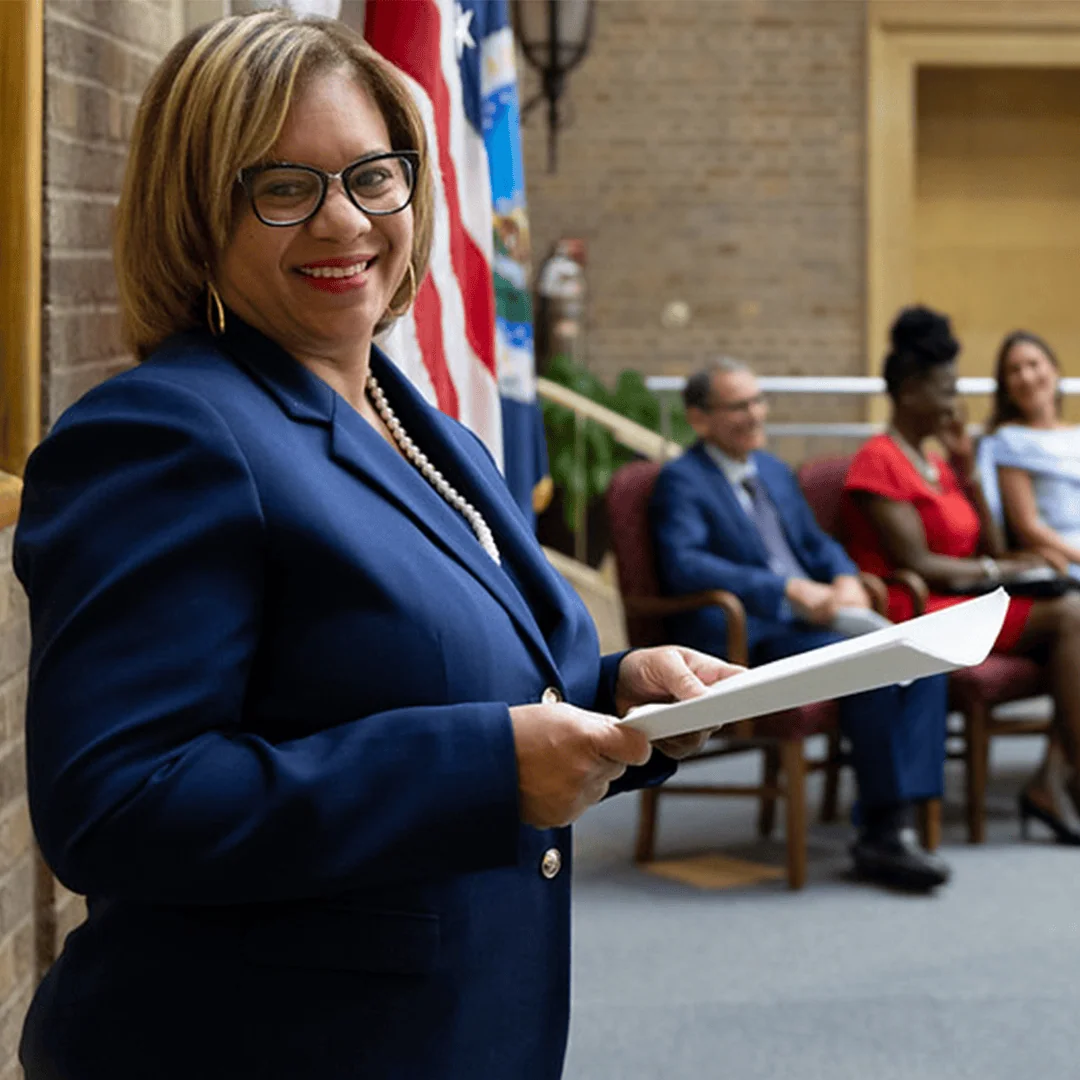
Here are some of NIFA’s programs that might interest the FarmHERs & RanchHER community:
To learn more about NIFA’s agricultural grant programs and other resources for farmers and ranchers, visit
20 Questions with Dr. Dionne Toombs

6. Who is a person you admire from history, living or dead?
I admire Dr. Margaret D. Collins, an entomologist and civil rights activist.
7. Who is a person you admire in your personal life?
The person I admire in my personal life is my mother.
8. When something good happens, who is the first person you think to call?
When something good happens the first person I think to call is my sister.
9. What’s the best advice you’ve ever received?
The best advice I have received is to always stay prayerful.
10. What is your best quality or hidden talent?
I am a good listener. Everyone comes to me for advice and ideas.
11. What is your #1 pet peeve?
My #1 pet peeve is when people are rude and disrespectful to me or others.
12. If you didn’t do what you do for a living, what career would you choose instead?
I would be in the theater arts, directing plays or movies.
13. Who would play you in a movie about your life?
Zendaya and Debbi Morgan
14. What’s your favorite book (or) movie (or) record (or) podcast?
My favorite record is “Praise Is What I Do” by Shekinah Glory Ministry
15. If a genie granted you one wish/superpower, what would it be?
I would choose peace and equality among all in the world.
16. What is something new you are learning (or) want to learn more about?
I am learning more about Pilates exercise.
17. What’s something at the top of your Bucket List?
To visit Italy with an unlimited budget
18. Where is the most amazing place you’ve ever traveled?
Palau

19. What is your guilty pleasure? (It can be anything!)
Reality TV
20. If you won the lottery, what is the first thing you’d buy with the winnings?
I would buy my children their own house.
Ag InnovatHERs: Breaking the “Grass” Ceiling
In Partnership with Nationwide, FarmHER and RanchHER’s two new blog series, “Ag InnovatHERs” and “Breaking the ‘Grass’ Ceiling,” highlight inspiring women in tech, science, business, policy, social service, and other agriculture-adjacent fields who are innovating new ways to support producers, propelling the ag industry to new heights, and blazing the trail for others to follow in her footsteps.

As the #1 farm insurer in the U.S., 1 Nationwide has the innovations and expertise to help you grow and protect your business success. And because their roots are in agriculture, we care about your neighbors, too. You’ll see it in the programs and services they provide and support that keep your farm community thriving. To access informative agribusiness resources designed just for FarmHERs, visit Nationwide’s Ag Insight Center.
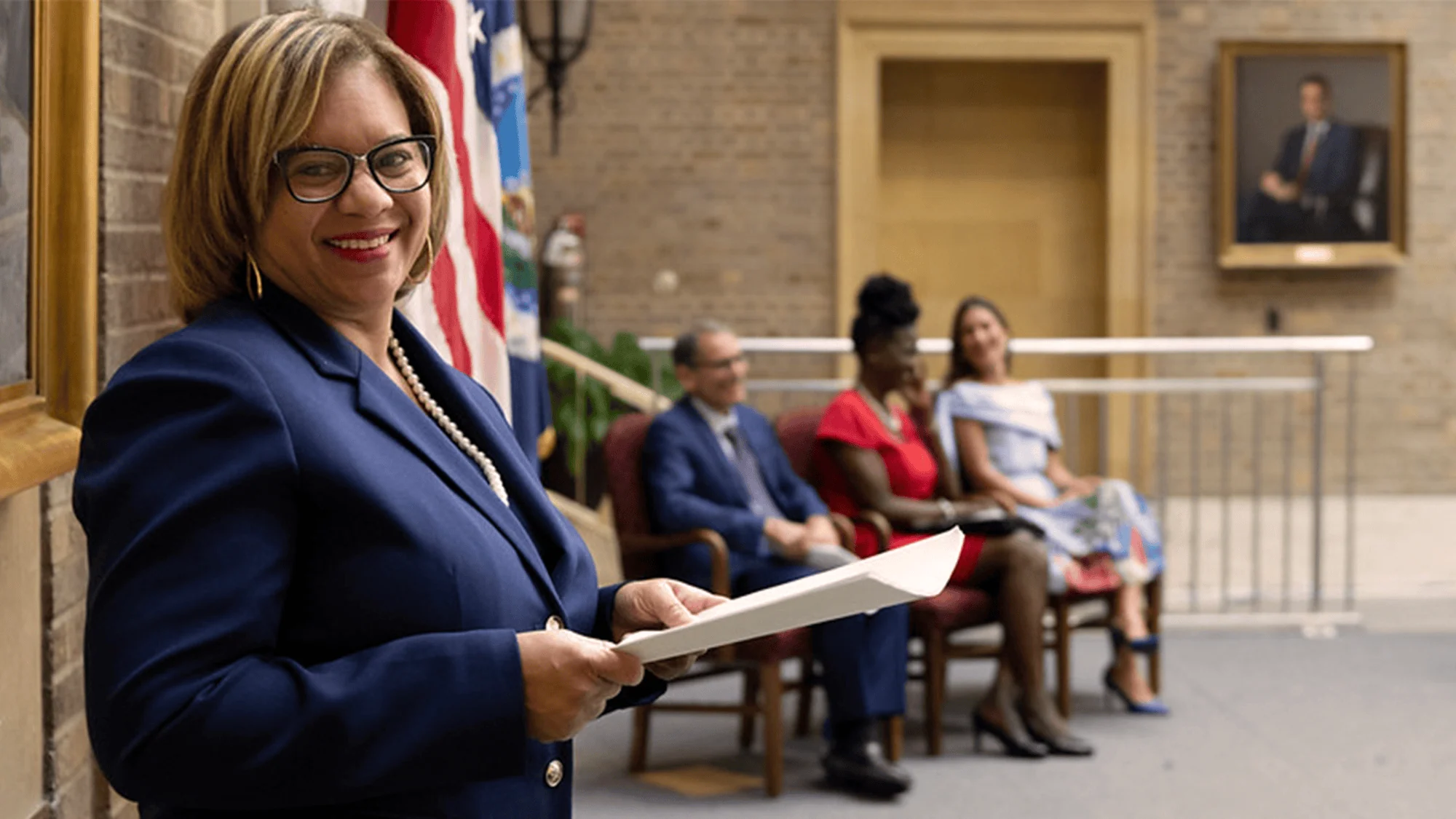
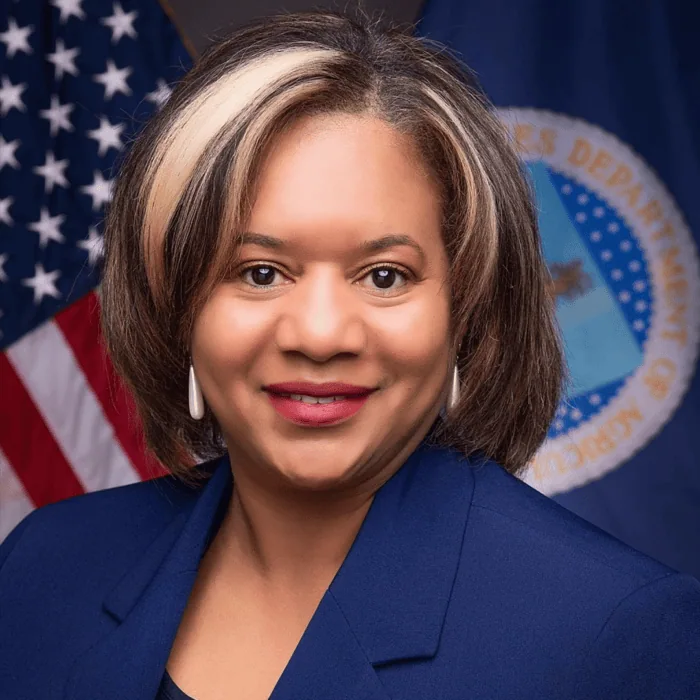
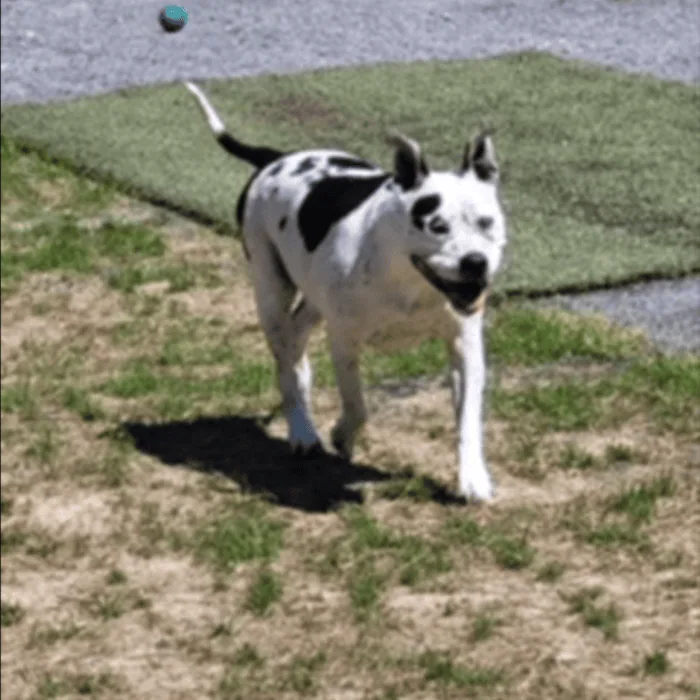
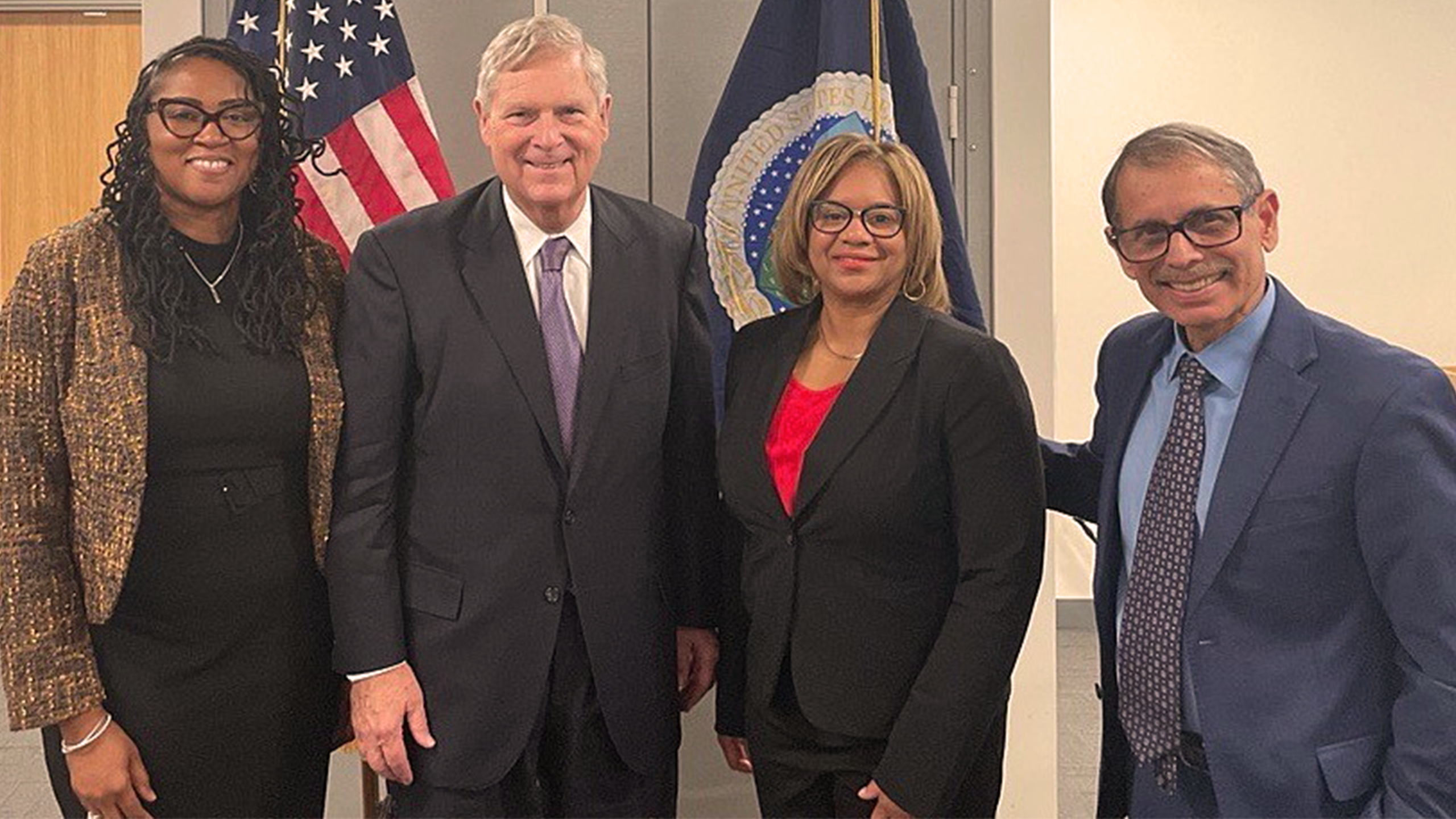
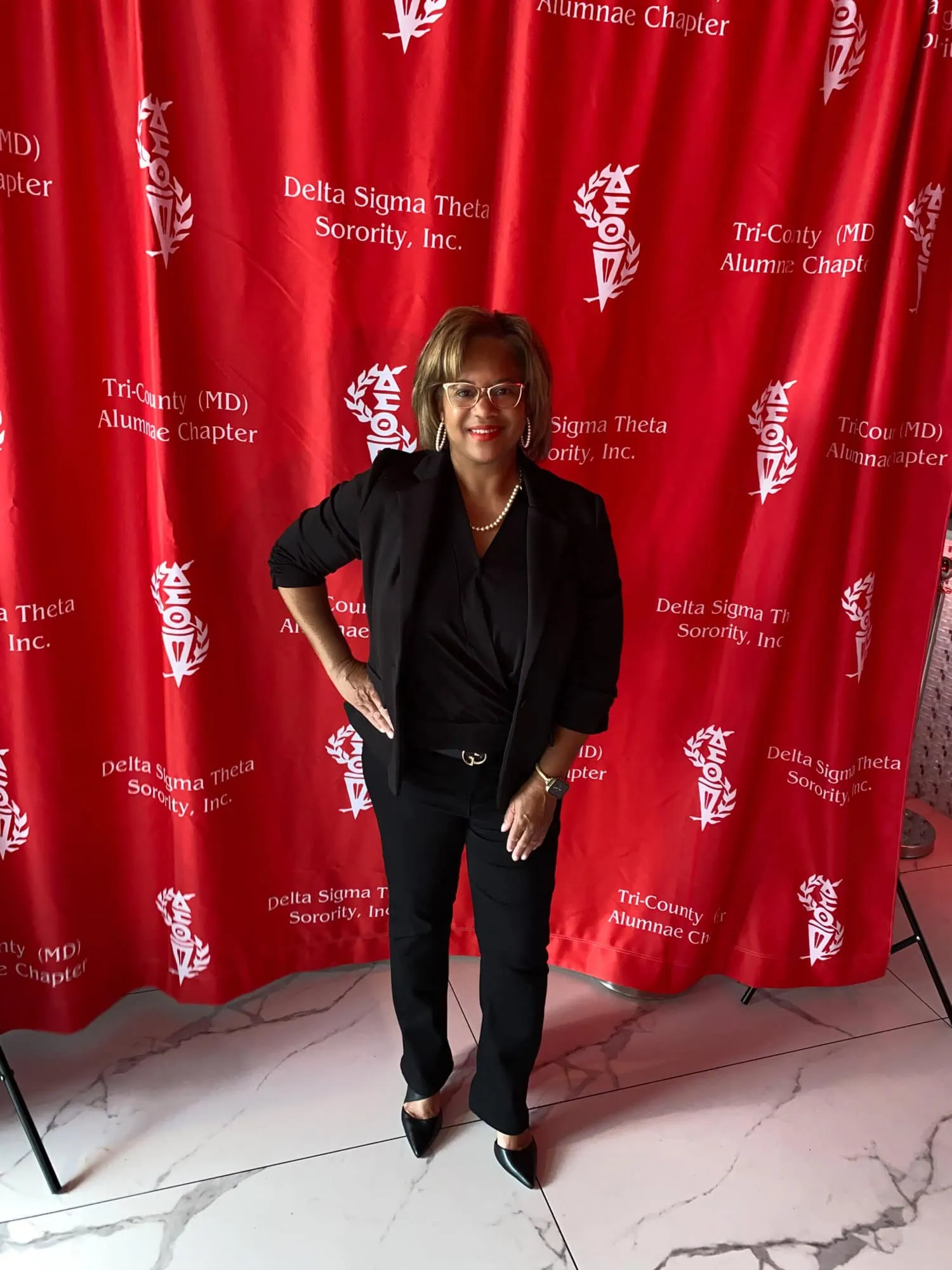
What an amazing story of an amazing person- Dr. Dionne Toombs!!! Thanks for sharing through such an informative, engaging piece!!
Kudos Dr. Toombs on an inspirational career and professional journey that continues to positively impact so many, including me!